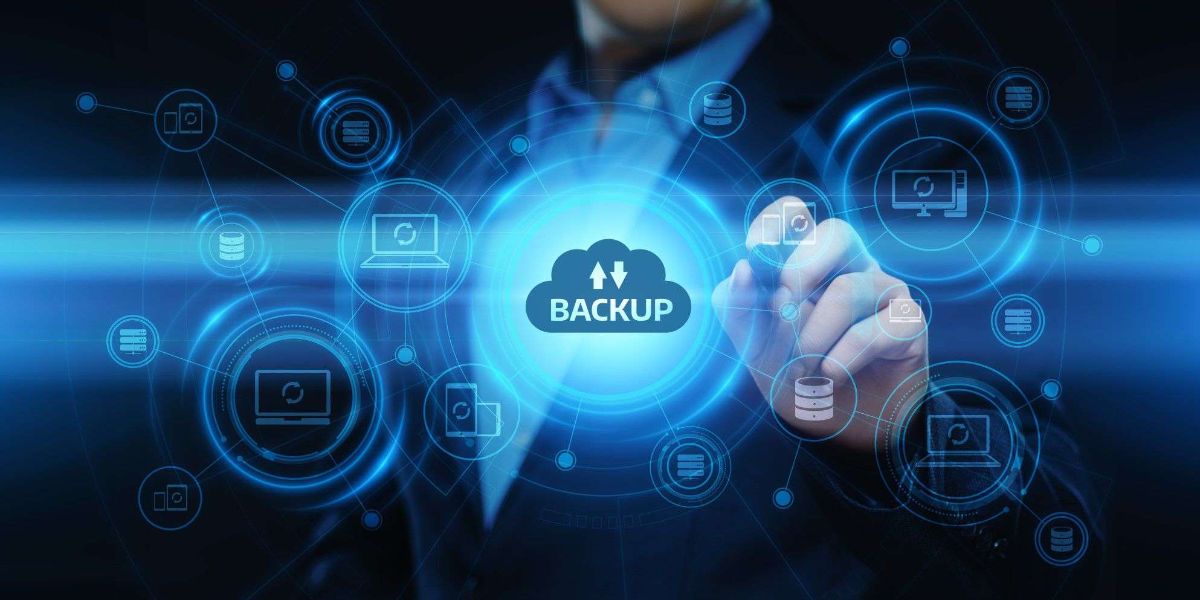
In a digital era where data is the lifeblood of businesses and individuals alike, ensuring the utmost privacy in cloud backups becomes paramount. Enter the world of zero-knowledge encryption, a transformative approach that empowers users with unparalleled control over their data security. Join us as we delve into the intricacies of this cutting-edge technology and how it revolutionizes privacy in cloud backup solutions.
Unveiling Zero-Knowledge Encryption: A Brief Introduction
In the realm of cloud backups, zero-knowledge encryption emerges as a game-changer, offering a level of privacy and security that traditional encryption methods struggle to match. Unlike conventional approaches, zero-knowledge encryption ensures that data remains confidential, even from the service provider.
The Essence of Zero-Knowledge
At its core, zero-knowledge encryption means that only the user possesses the decryption key, and the service provider has zero access to the actual content of the data. This cryptographic concept provides an additional layer of security, reducing the risk of unauthorized access.
Advantages of Zero-Knowledge Encryption in Cloud Backups
Let’s explore the tangible benefits that zero-knowledge encryption brings to the table.
Enhanced Data Privacy
With zero-knowledge encryption, users enjoy unparalleled data privacy. Since the service provider cannot access the actual data, the risk of unauthorized exposure is significantly reduced.
Mitigation of Insider Threats
By eliminating the ability of service providers to access user data, zero-knowledge encryption acts as a deterrent to insider threats. Even employees within the service provider organization cannot compromise the confidentiality of the stored data.
Regulatory Compliance
In an era of stringent data protection regulations, zero-knowledge encryption aligns with compliance requirements. Users can confidently store sensitive information in the cloud without violating privacy regulations.
Implementing Zero-Knowledge Encryption: A User Guide
Now, let’s navigate the process of implementing zero-knowledge encryption for your cloud backups.
Selecting a Zero-Knowledge Compatible Service
Choosing a cloud service provider that supports zero-knowledge encryption is the first crucial step. Not all providers offer this feature, so thorough research is essential.
Setting Up Zero-Knowledge Encryption
Once you’ve selected a compatible service, the next step involves configuring zero-knowledge encryption. This typically involves creating a secure passphrase known only to you, which serves as the decryption key.
The Future Landscape of Cloud Backups: Zero-Knowledge Encryption
As technology evolves, the role of zero-knowledge encryption in shaping the future of cloud backups becomes increasingly evident.
Integration with Emerging Technologies
Zero-knowledge encryption is likely to integrate seamlessly with emerging technologies such as blockchain and artificial intelligence, further fortifying data security in the cloud.
Consumer Awareness and Adoption
As awareness grows regarding data privacy issues, consumers are likely to demand zero-knowledge encryption as a standard feature from cloud service providers. This shift in demand will drive widespread adoption.
Final Words: Empowering Users, Preserving Privacy
In the ever-expanding digital landscape, where data breaches are a constant threat, zero-knowledge encryption emerges as a beacon of hope. By placing control back into the hands of users, this innovative technology not only enhances privacy in cloud backups but also sets a new standard for data security in the digital age.
Commonly Asked Questions
Q1. How does zero-knowledge encryption differ from traditional encryption methods?
Zero-knowledge encryption ensures that only the user holds the decryption key, providing an additional layer of security by preventing access to the actual data by the service provider.
Q2. Can zero-knowledge encryption be integrated with existing cloud backup solutions?
Yes, many cloud service providers offer zero-knowledge encryption as a feature that users can enable to enhance the privacy of their cloud backups.
Q3. Does zero-knowledge encryption impact the speed and efficiency of cloud backups?
While there might be a slight impact on processing speed due to the added encryption layer, the trade-off in terms of enhanced privacy is often considered worthwhile by users.
Q4. What role does blockchain play in the future of zero-knowledge encryption?
Blockchain technology can complement zero-knowledge encryption by providing a decentralized and tamper-proof ledger, further enhancing the security of cloud backups.
Q5. How can users ensure the security of their zero-knowledge encryption passphrase?
Users should follow best practices for passphrase security, including creating a complex passphrase, regularly updating it, and avoiding sharing it with anyone to maintain the integrity of their zero-knowledge encryption.
Advertisement








